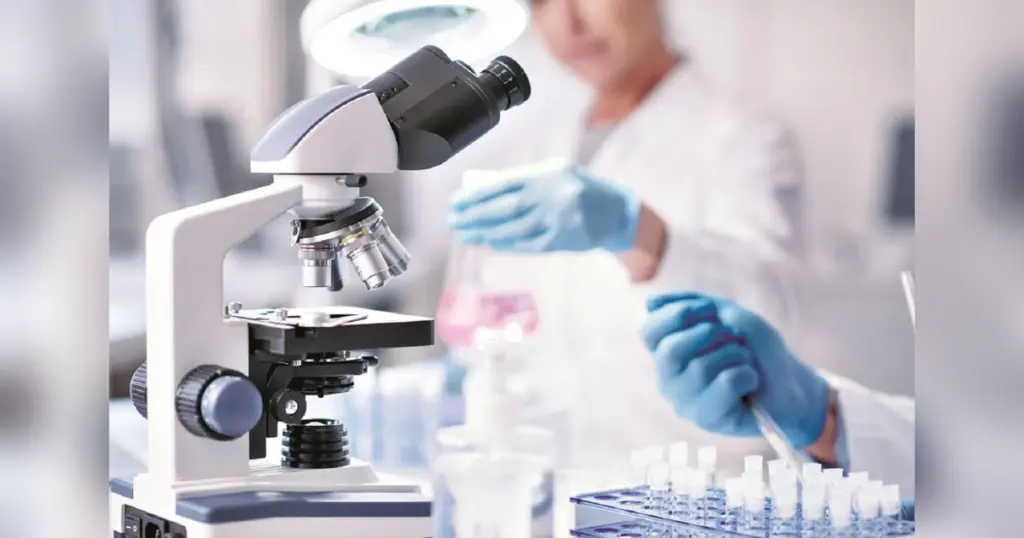
The World Health Organization (WHO) has issued a stark warning regarding the alarming rise of drug-resistant bacteria. In a report released on March 15, 2024, the organization highlighted a critical gap in available treatments and the urgent need for innovative solutions to combat this growing threat.
The WHO’s analysis reveals that approximately 1.3 million deaths each year are linked to drug-resistant infections, a statistic that underscores the global health crisis at hand. As antibiotic resistance continues to escalate, the number of infections caused by resistant bacteria is expected to rise, leading to increased mortality rates and healthcare costs.
Innovation Crisis in Treatment Options
The report emphasizes a significant lack of new and effective antibiotics. Since 2000, only a handful of innovative drugs have been approved for use against resistant bacteria. The WHO outlines that the current pipeline of new treatments is insufficient to meet the global demand, with only 12 antibiotics in late-stage development as of early 2024. This situation poses a considerable challenge for healthcare professionals who rely on effective treatments to manage infections.
According to WHO Director-General Dr. Tedros Adhanom Ghebreyesus, “Without urgent action, we risk returning to a time when even minor infections could be fatal.” The implications of this statement are dire, as healthcare systems worldwide may struggle to treat common infections that were once easily managed with antibiotics.
The report also identifies a critical need for investment in research and development. The lack of financial incentives for pharmaceutical companies to create new antibiotics has led to stagnation in this area. The WHO calls for increased funding from both public and private sectors to stimulate innovation in antibiotic development.
The Global Impact of Drug Resistance
The implications of drug-resistant bacteria extend beyond individual health, affecting healthcare systems and economies globally. In developed countries, the rising costs associated with prolonged hospital stays and advanced treatments strain healthcare budgets. In lower-income nations, the lack of access to effective antibiotics exacerbates health disparities, leading to preventable deaths.
The WHO report further outlines the importance of implementing comprehensive strategies to combat antibiotic resistance. These include improving antibiotic stewardship, enhancing surveillance of resistance patterns, and promoting public awareness campaigns to educate communities about the responsible use of antibiotics.
In response to the WHO’s findings, various health organizations and governments are beginning to take action. For instance, the European Union has allocated €1 billion for research on antibiotic resistance, aiming to foster innovation and ensure access to effective treatments.
As the world grapples with this pressing public health crisis, the WHO urges all nations to prioritize the fight against drug-resistant bacteria. The call to action is clear: without immediate and coordinated efforts, the consequences of inaction could be catastrophic for global health.







